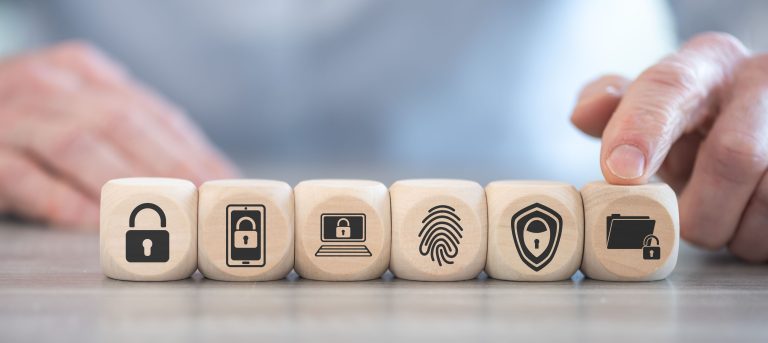In an age where the internet is intertwined with daily life, safeguarding your privacy has never been more crucial. Marc Porcar, internet expert and CEO of QR Code Generator, shares essential tips to help protect your privacy online.
1. Limit Personal Information on Websites and Apps
With countless websites and apps available, it’s tempting to register for everything. However, it’s crucial to verify the security of the sites you visit. Here are two quick checks to verify a website’s security:
Look for “https”:
A secure URL begins with “https” rather than “http.” The “s” signifies the site uses a Secure Sockets Layer (SSL) Certificate, ensuring encrypted communication between your browser and the website’s server.
Check for a Lock Icon:
A lock icon near the browser’s URL field indicates an encrypted connected, preventing unauthorized interception. Only share your email address or payment details on websites with these security features.
2. Manage Your Cookies
Websites track user activities through cookies, which save preferences and gather analytics on your visits to personalize ads. Here’s how to manage cookie tracking:
Delete Your History:
Clear cookies and browsing history to avoid tailored ads based on past behavior. On mobile devices, reset tracking identifiers.
Adjust Privacy Settings:
Browser settings can control information collected about you. Use private browsing modes or extensions for additional privacy. Some browsers offer settings to block personalized ads based on browsing history.
Review App Permissions:
Check privacy settings on your smartphone to see what information apps can access. Disable unnecessary permissions or delete intrusive apps. For devices like smart TVs, review and adjust privacy settings and permissions.
Consider Using an Ad Blocker:
Ad blockers filter specific content, including ads and trackers. However, they don’t block all ads or malware. Research reputable ad blockers to find the best fit for your needs.
Review Website Cookie Notices:
Some websites let you choose which cookies to allow. OPT for necessary cookies only if you prefer not to be tracked for advertising purposes.
3. Install Security Software and a VPN
Cybersecurity software protects against spyware and viruses. Set up regular scans and deep system checks. A Virtual Private Network (VPN) hides your internet activity and spoofs your location, enhancing privacy by preventing hackers from detecting your whereabouts. Setting up a VPN on your router can secure all connected devices.
Additional Measures
Use Strong, Unique Passwords
Secure all online accounts with robust passwords.
Activate Two-Factor Authentication
This adds an additional layer of protection to your accounts.
By following these expert tips, you can significantly enhance your online privacy and protect your personal information from potential threats.


